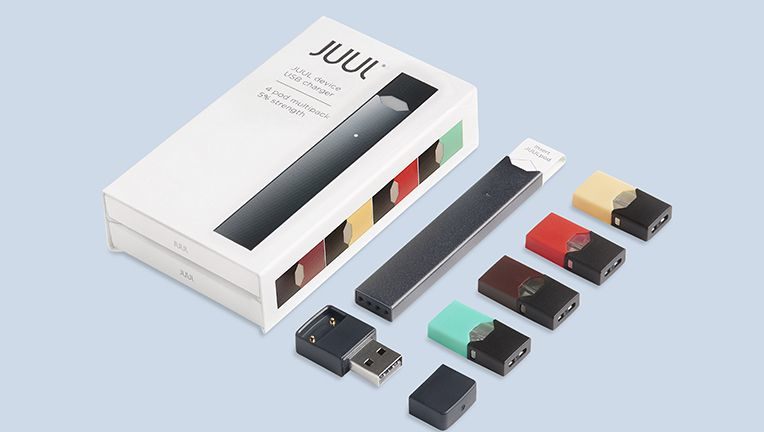Over there US Food and Drug Administration had asked for the licenses of the juul, a well-known American company that produces electronic cigarettes. On Tuesday, the agency made a U-turn and – at least for now – interrupted the measure that would have disabled the American company.
Juul is probably the brand dedicated to the ‘vapemost famous in the world. Not so long ago, Juul was synonymous with vaping, to the point where young people called the activity “juuling.” But the very appeal of Juul’s products to the very young had caused the company more than a few problems. In 2019, research showed that more than one in two teenagers nicotine was a user of Juul products. A record the company had achieved thanks to an unscrupulous marketing campaign, mainly carried out on social networks. After political and media interest and various fines, the company has now abandoned its previous marketing strategy.
Meanwhile, as the FDA continues its analysis of Juul’s business, the company’s products may still remain on the market. According to ArsTechnica, the agency’s turnaround sets an embarrassing precedent for the US government, which could help the US company in court. In other words, the attempt to dismantle the Juul vape empire is probably dead in the bud.
The FDA accused Juul of failing to provide clear and complete information about the contents of its products and, in particular, about their risk of toxicity. The FDA’s concerns specifically related to the risk that the pods — the refill cartridges — of Juul’s e-cigarettes could release liquids that are hazardous to the environment and consumer health.
In challenging the Consumer Protection Agency’s decision, the company defended itself by claiming that it provided the government with more than 125,000 pages of material, including data on the toxicity of the contents of the refill cartridges. Juul’s attorneys accused the FDA of knowingly attempting to impose a reckless, baseless restraining order solely to respond to frequent media and public attacks on Juul — accused time and again of triggering an epidemic of nicotine addiction among young people. In short, the agency would not have acted in the best interests of consumers, but because it was conditioned by pressure from public opinion and anti-tobacco associations.
The FDA based its ruling on the lack of information about four chemical components that are present in the cartridges when the refill is in a liquid state. However, the company defended itself by explaining that the toxicity information provided to the agency refers only to aerosol, that is, when the liquid has already evaporated. “It’s a reasonable line of defense – Laura Crotty Alexander, a researcher at the University of California, explained to ArsTechnica – it’s not surprising that some chemical elements that were originally in liquid form don’t appear in the reliefs of the same substance once it’s converted in vapor”.
And in fact, the FDA chose not to challenge Juul’s defense, announcing that it would be suspending the measure to allow more time to study and analyze the vast amount of documents the company has produced over the years. delivered to the office.
Source: Lega Nerd











